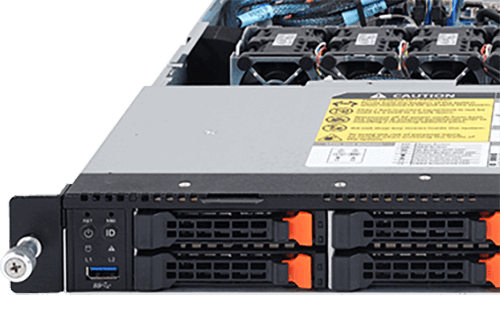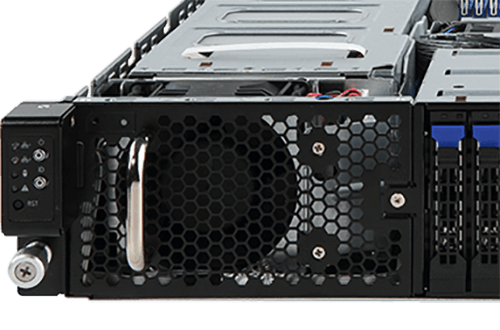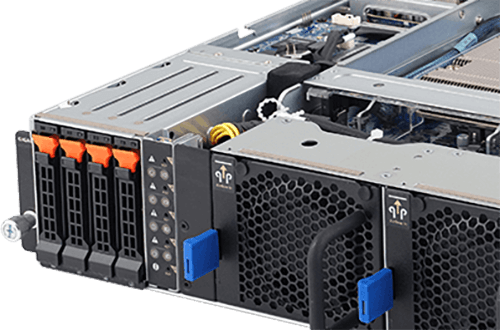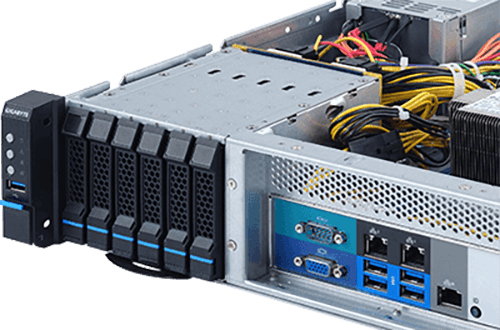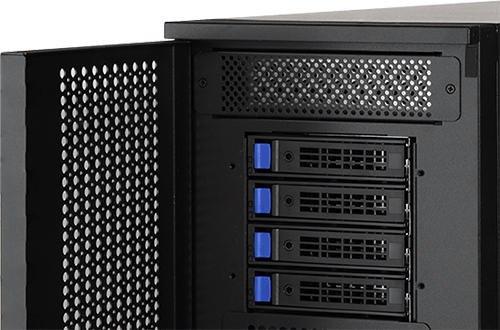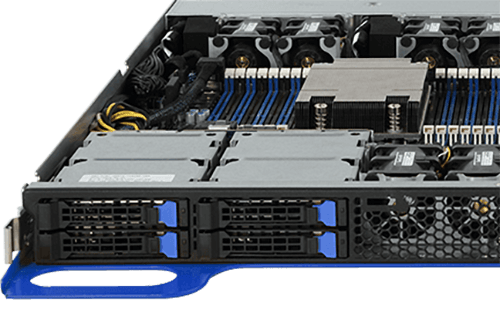Tech-Guide
CPU vs. GPU: Which Processor is Right for You?
Besides the central processing unit (CPU), the graphics processing unit (GPU) is also an important part of a high-performing server. Do you know how a GPU works and how it is different from a CPU? Do you know the best way to make them work together to deliver unrivalled processing power? GIGABYTE Technology, an industry leader in server solutions that support the most advanced processors, is pleased to present our latest Tech Guide. We will explain the differences between CPUs and GPUs; we will also introduce GIGABYTE products that will help you inject GPU computing into your server rooms and data centers.
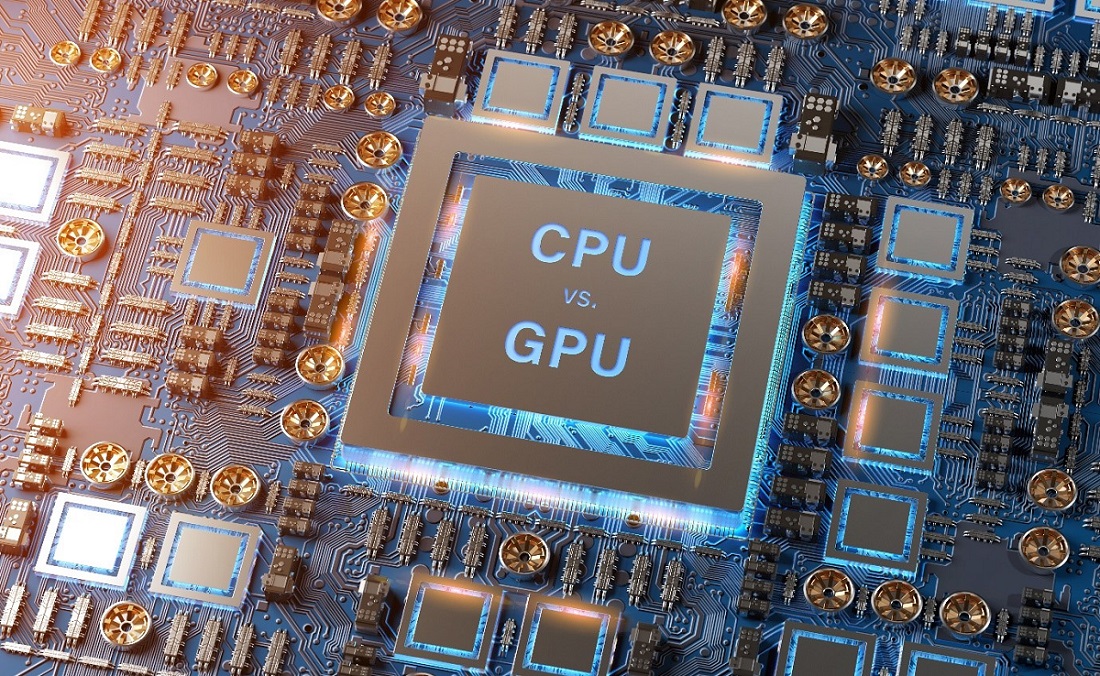
The Definition of the CPU
The Origin of the GPU
What are the Key Differences between CPU and GPU?

The components that make up CPUs and GPUs are analogous; they both comprise control units, arithmetic logic units (ALU), caches, and DRAM. The main difference is that GPUs have smaller, simpler control units, ALUs, and caches—and a lot of them. So while a CPU can handle any task, a GPU can complete certain specific tasks very quickly.

The table above is a handy comparison of CPUs and GPUs. Through heterogeneous computing, different computing tasks can be allocated to the most suitable processors. This will help to accelerate computing speed and make sure you squeeze every drop of performance out of your server.
How to Use Both CPUs and GPUs to Achieve Maximum Performance?
How to Inject GPU Computing into Your Server Solution?

By injecting GPU computing into your server solutions, you will benefit from better overall performance. GIGABYTE Technology offers a variety of server products that are the ideal platforms for utilizing advanced CPUs and GPUs. They are used in AI and big data applications in weather forecasting, energy exploration, scientific research, etc.
CERN: GPU Computing for Data Analysis
Waseda University: GPU Computing for Computer Simulations and Machine Learning
Cheng Kung University: GPU Computing for Artificial Intelligence
Get the inside scoop on the latest tech trends, subscribe today!
Get Updates
# Artificial Intelligence (AI)
# Machine learning (ML)
# HPC
# Immersion Cooling
# Natural Language Processing (NLP)
# Computer Vision
Get the inside scoop on the latest tech trends, subscribe today!
Get Updates







